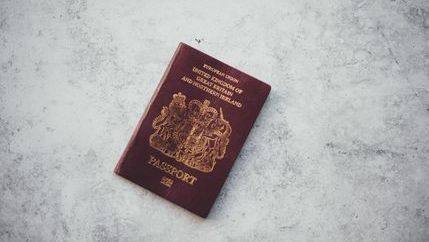
Adjusted checks, delivered by video call rather than in-person and based on a scanned copy or photo of the original document, were introduced during the early days of COVID-19 and will now remain valid in creating an excuse against civil penalty, through to 30 September 2022.
At the start of the year, plans were announced for permanent remote checks, based on a framework of Identification Document Validation Technology (IDVT) with the intention to have this in place by April. With this process, Government will allow British and Irish citizens to enjoy the ease of digital checks, already permanently available to overseas citizens that have an immigration status and can therefore offer a Home Office digital share code, in place of hard copy documentation.
Valid Right to Rent checks are still a requirement
Right to Rent checks remain firmly in place and the absence of compliant evidence of a check still threatens those responsible with a significant civil penalty, most notably where immigration enforcement services locate illegal workers and investigate their accommodation. However, with the overlaying of different procedures and timelines created by Britain’s exit from the EU, COVID-19 restrictions, and the introduction of new digital systems with possible cost implications, this latest extension allowing adjusted checks to continue, will be welcome to those delivering checks in England.
Propertymark continues to work with Home Office officials, meeting regularly to ensure that any changes to the system are practical, do not place additional burden on agents, do not contradict the requirements of other legislation and address the scenarios faced with international students, let only tenancies and the varied pre-settled status of existing EU citizens in ongoing tenancies.
Immigration Act and Right to Rent
Right to Rent checks requires landlords/agents to determine the immigration status of all prospective adult tenants by checking ID before the start of a tenancy.





